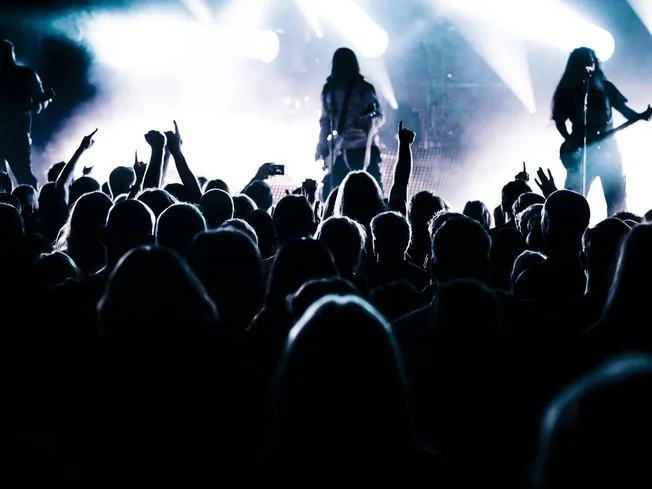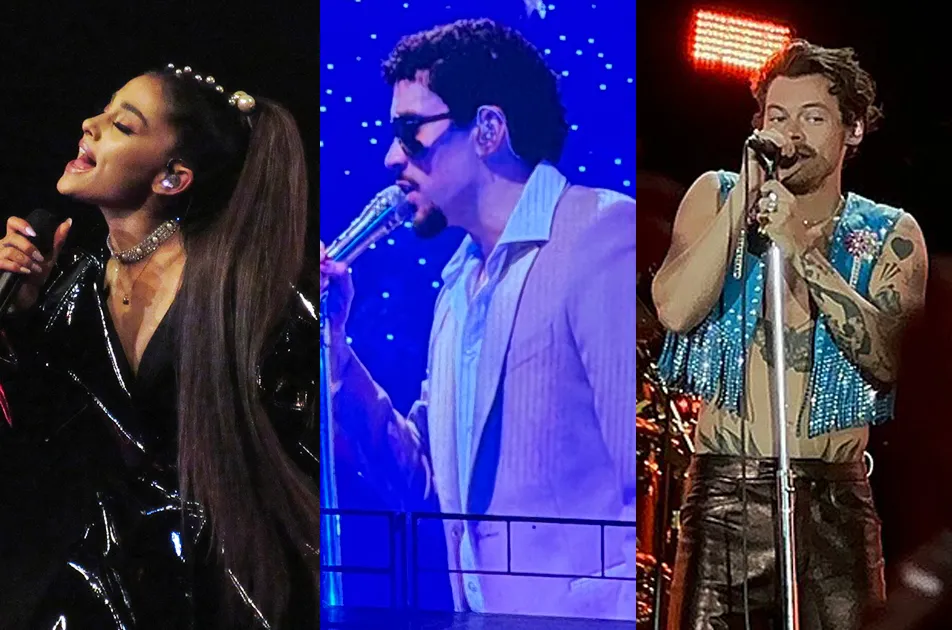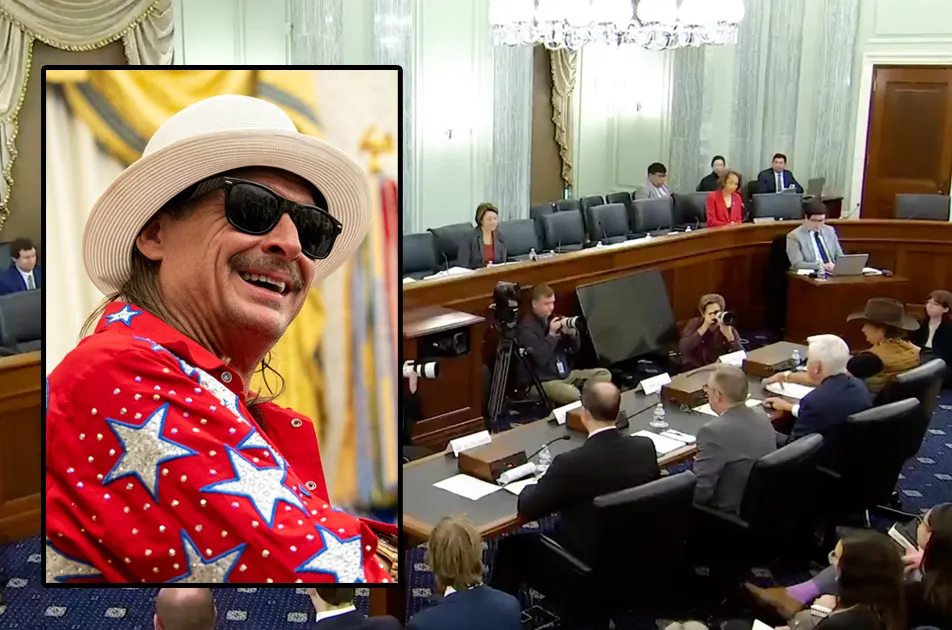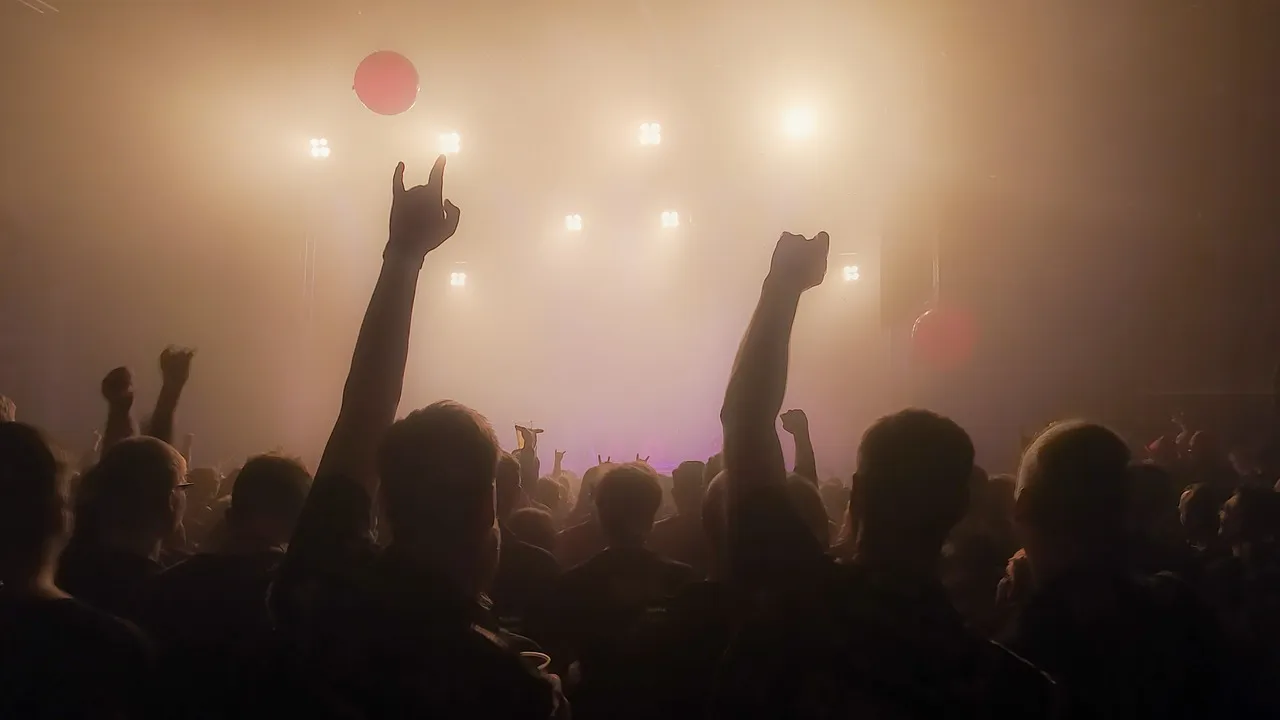In-person concerts returning faster than predicted according to a new Bandsintown study and that bodes well for our collective mental health.
“79% of people who work in the music industry have admitted to suffering from mental health issues as a direct result of the covid pandemic.“
By Cassius Taylor, Head of Digital Marketing at TagMix
No-one needs convincing of the incredible effect that music can have on our mental state and everyone can recall a time where hearing that one song at exactly the right moment boosted their mood or gave them that spark of motivation to take on the world. Unless you’ve been living under a rock on Mars, you will have noticed that the last year has been an immensely difficult one. Especially for the music industry.
The impact on the industry’s mental health has been keenly felt, with such a high percentage of professionals unable to work due to restrictions being placed on live music. 79% of people who work in the music industry have admitted to suffering from mental health issues as a direct result of the covid pandemic. That aside, music itself has acted as a lifeline for many people over this period, even on a personal level it has played a significant role for me in keeping my head straight. But music takes one of many forms and one of its purest – which is live performances, has been entirely absent from the lives of most people around the world.
This has hit some fans much harder than others, especially those for whom live events are a large part of their social lives. In a recent study conducted by UK live music industry umbrella organisation LIVE, 64% of respondents stated that attending live music events makes them feel better mentally. Plenty of artists, businesses and organisations have done their best to try to fill the live music gap in people’s lives, with livestreams, virtual gigs and even AR / VR experiences, but these have been met with mixed success – Some, however, were specifically focused on mental health, like Manchester record label Animal Crossing’s live stream collaboration with Manchester Mind charity.
“Music events offer a form of escapism which you are unable to experience anywhere else.”
The truth of the matter is, no matter how close you get to replicating the Live Music experience in the comfort of your own home or in a virtual environment, it just isn’t the same as the real thing. Music events offer a form of escapism which you are unable to experience anywhere else. They provide a safe haven for all manner of people and create a sense of connectedness and community for both the people who attend them and for the artist. The feeling of bumping into a group of friends at a festival, becoming best friends with a stranger overnight or seeing your favourite artist play live for the first time is unparalleled.
We have mountains of evidence that the arts are hugely beneficial to people’s mental health, so it is especially frustrating to see it last in line for a return to normalcy – especially given the impact on mental health the last 15 months have had. I believe that music/music events can serve as the catalyst to bring people back together after over a year’s worth of covid induced paranoia and negativity. More so than (finally) being able to return to pubs, bars and restaurants. The benefits of music events, such as collectivism, escapism, culture etc. will play a huge factor in repairing the bonds which covid has broken not only in individual fans, but amongst entire concert going demographics and will help raise revenues again in an industry that has suffered. There will of course be adverse reactions to events when they do return, as it is likely people will be overwhelmed by the sheer quantity of people after they’ve been isolated for so long.
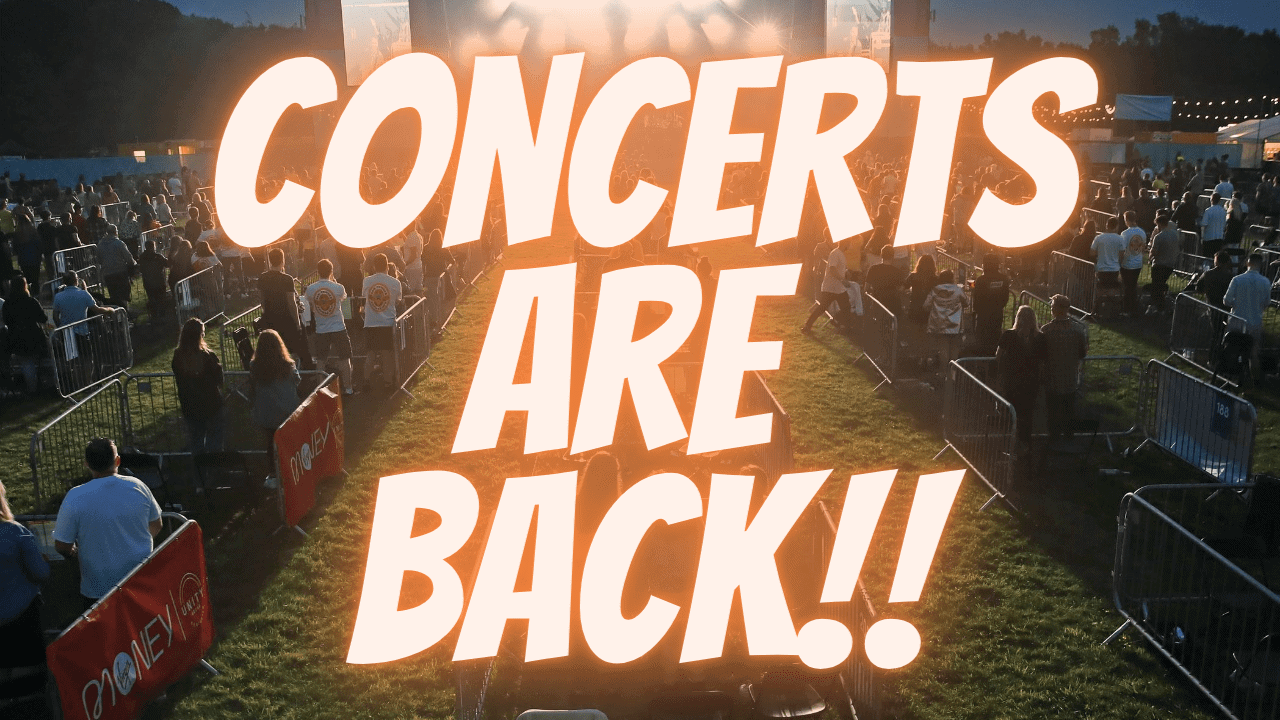
“73% have purchased gig and festival tickets since March”
From a survey conducted by LIVE, more than 50% of music fans would attend a live show right now, while 73% have purchased gig and festival tickets since March. This is hugely promising, but shows that it will still take time for everyone to feel comfortable attending live events again after the pandemic, possibly even beyond the time when all formal restrictions are lifted – I wonder what these percentages would have looked like this time last year and how long it will take for the paranoia and societal detachment COVID has imbued on people to be relieved.
The variety of venues, bands and audiences prevents there from being a one-size-fits-all approach to making live music safe, but we can mitigate the risks and return to the full-sensory, real-life, shared experiences that make live music such a uniquely uplifting experience. For those who have been starved of this for over a year, I’d say the benefits far outweigh the negatives. For those worried about returning to events, it is only right to take your time and return in whatever way makes you feel most comfortable and that you can personally enjoy. After all, that is at the very core of why live events are so important to us in the first place.

